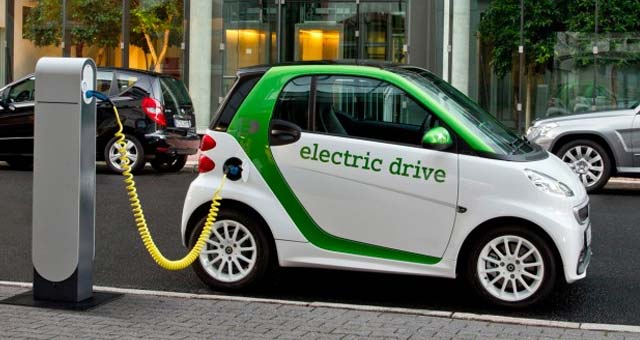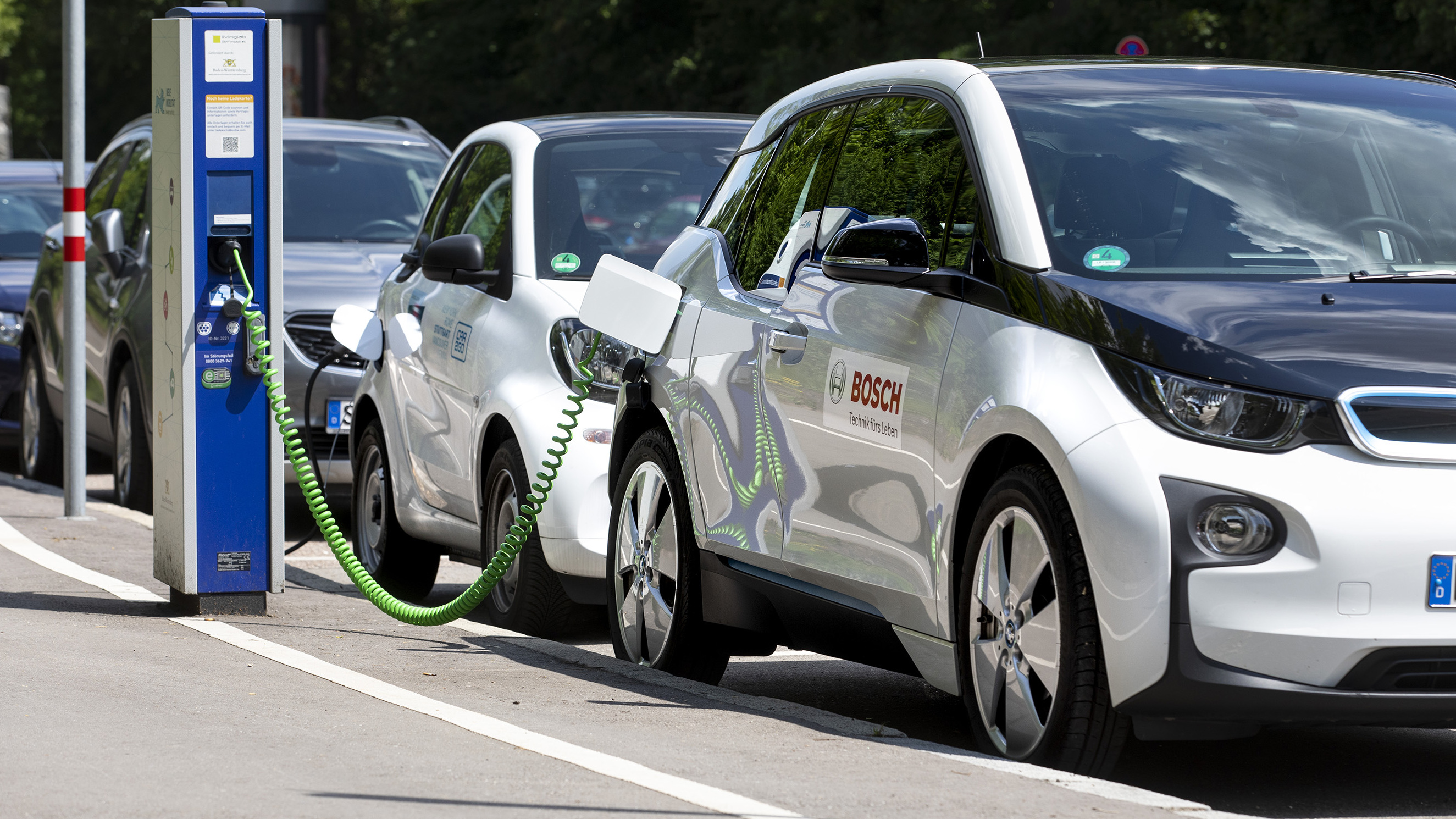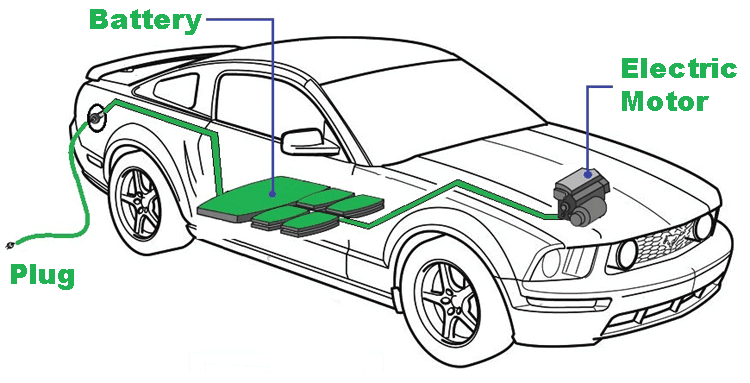
Africa is urbanizing faster than any other continent, at a rate of 4% every year, compared to the global average of 2%. Its rapidly growing urban population continues to strain existing infrastructure - transport and energy, in particular.
Firstly, Africa’s transport is almost entirely fuel-based. This creates a cost burden for citizens and a fiscal burden for countries.Most Africa residents spend 14-30% of their income on transport. To protect consumers from ever increasing fuel prices, African governments heavily subsidize fuels, at an average cost of 1.4% GDP.
However, these subsidies disproportionately benefit higher-income households. As cities expand, oil demand grows and the problems of fuel scarcity and cost loom larger. Pollution from fuel-based transport is also a major contributor to growing air quality concerns in African cities.
Demand for electricity in Africa is increasing rapidly. It is anticipated to quadruple by 2040. It is often overlooked that many African countries already rely on low-carbon technologies such as geothermal energy and hydropower.
In 2017, 77% of Kenya’s electricity demand was met through renewable energy. Many African countries are looking to low-cost renewables with abundant potential, such as solar and wind, to grow grid capacity.
One critical challenge is that these sources are inherently variable (or "intermittent") and often do not coincide with times of highest electricity demand from consumers. Energy storage that allows electricity to be saved and used at different times of day is a key component for ensuring the viability of renewables in Africa.
This is where electric vehicles (EVs) come in

Alot of people are asking lot of many questions about the Electric vehicle that amused even me when I hear about it. Questions like!
"Will I get electrocuted if I drive in water?"
"Does the vehicle have an exhaust pipe?"
These are all funny questions,but in reality this vehicles Internationally are hitting the market with even more sales everyday , the EV market is already growing at exponential rates, with more than 3 million vehicles sold globally.
Every major automobile manufacturer now has hybrid and full plug-in EVs in commercial production. By 2040, 54% of new global car sales and 33% of the world’s car fleet will be electric, according to experts
China and India - the world’s largest and fifth-largest automobile markets, respectively - are great examples of what is possible in emerging markets with the right policy interventions. Both aim to switch to EVs to improve their energy security, reducing long-term dependency on imported oil (in 2016, this stood at around 66% of crude oil consumption in China and 80% in India)
Another key driver for their adoption of EVs has been both countries' rapidly worsening urban air quality. India is seeking a completely electrified vehicle fleet by 2030. China’s government anticipates that 'New Energy Vehicles' (NEVs) will reach 5% of total vehicle market demand by 2020 and 20% by 2025. Both countries are implementing policies and subsidies to realise these goals. The Chinese government has already spent $3 billion on promoting EVs.
Africa countries urgently need a transport alternative to stave off the growing burden of fuel dependency and subsidies, as well as an electricity storage solution to leverage their abundant renewable energy resources. EVs, powered by electricity and running on battery storage, offer a potential solution to both these problems. Furthermore, as EVs produce no direct emissions through the exhaust pipe, they can improve the air quality of Africa’s congested cities.
This is the perfect time for African countries to explore the potential of EVs. Many Africa countries will be making large investments in power capacity in the next decade. Vehicle ownership will rise dramatically over that period, given population growth, increased urbanization and a rising middle class. Africa countries have the opportunity to pursue an energy-secure and lower-cost path, taking advantage of the strong global EV trend, before locking themselves into greater dependency on imported fuel and a carbon-intensive energy grid.
But we know they are challenges the need for significant infrastructure investments (such as dedicated charging stations), grid integration and planning requirements, as well as change in consumer attitudes and behaviour.
A large EV fleet would require a reliable power supply and reasonably low electricity prices, both of which could be an issue in Africa countries. Electricity blackouts occur on a daily basis in 30 out of the 48 countries, and electricity prices can be more than double those in the US and China.

There is also the environmental issue of battery manufacture and disposal, which could be more challenging in Africa due to often relatively informal waste management systems. Lastly, international examples demonstrate that rapid EV adoption requires strong enabling policies, including tax incentives and subsidies, which is tricky given many competing priorities for limited government funding .
But in my own views I think this is the best time for Africa government to have a rethink in their policies and also both in the oil and gas sectors because Oil will not last forever.
Embrace the new trend(EV) Because we might find ourselves been left behind.And the EV Industry is still an open sector for anyone .I will advised the government to embraced it.


0 Comments:
Post a Comment
Your Views are needed.Thanks!